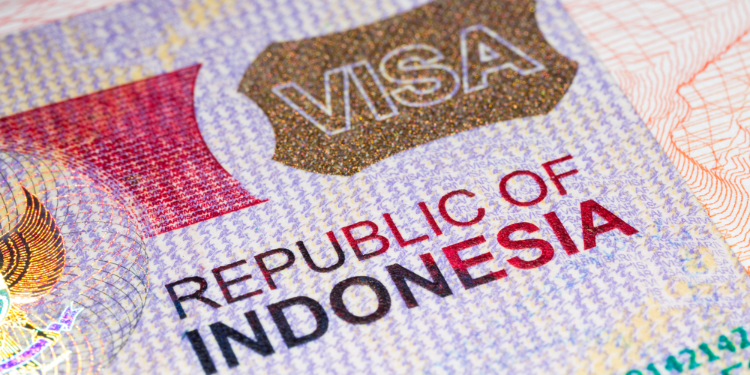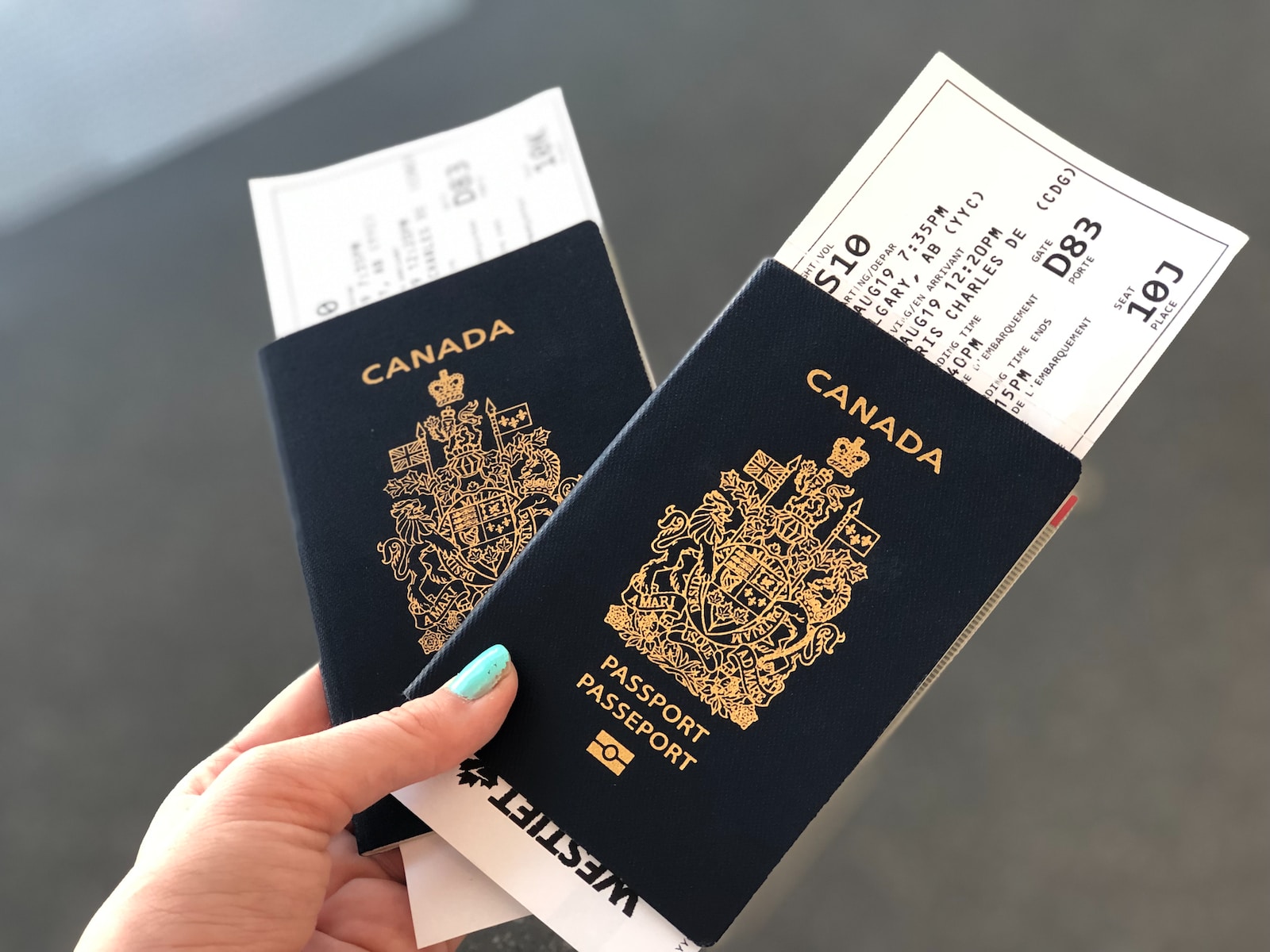The Canada-ASEAN Scholarships and Educational Exchanges for Development (SEED) program provides students, from member states of the Association of Southeast Asian Nations (ASEAN), with short-term exchange opportunities for study or research in Canadian post-secondary institutions at the college, undergraduate and graduate levels.
The Canada-ASEAN Scholarships and Educational Exchanges for Development (SEED) program aims to reduce poverty in the developing countries of ASEAN and to achieve the 2030 Agenda for Sustainable Development.
Scholarships and educational exchanges will contribute towards all Sustainable Development Goals (SDGs), including Goal 5 (Achieve gender equality and empower all women and girls) through, for example, women’s studies, political science, anthropology, and economics; and Goal 13 (Take urgent action to combat climate change and its impacts) through, for example, environmental sciences/policy examining climate change mitigation and adaptation, energy, peatlands and other land use effects and strategies, and forestry.
SEED scholarships are facilitated through institutional collaborations and student exchange agreements between Canadian and ASEAN institutions. These agreements are created between colleges, technical or vocational institutions and universities. Students, hereby referred to as “candidates”, must be registered as full-time students in their home institution at the time of application and during the entire duration of their study or research stay in Canada.
Canadian post-secondary institutions
Canadian institutions are:
- responsible for submitting applications on behalf of eligible candidates from post-secondary institutions in ASEAN; and
- encouraged to promote this scholarship opportunity to faculty and staff members, as well as to partner institutions in ASEAN.
Canadian institutions with successful candidates:
- should identify a single person responsible for the administration of the contribution agreement and another person with delegated signing authority; and
- will receive contribution funding from Global Affairs Canada (legally referred to as the Department of Foreign Affairs, Trade and Development, or DFATD) to disburse as scholarships to recipients.
Southeast Asian candidates
Candidates interested in this scholarship program should contact their home institution to:
- make their interest known;
- find out if there is an existing institutional collaboration and student exchange agreement with a Canadian institution; and
- request information about the application process and selection criteria specific to the Canadian institution and provide any additional information, such as transcripts, language test results, a research project and a registration form for an exchange program.
Selected candidates are encouraged to:
- ensure that they fulfill the requirements of the Canadian institution including academic requirements, language proficiency and, if applicable, institutional student exchange program requirements;
- submit their visa application as early as possible and follow the procedures as outlined by Immigration, Refugees and Citizenship Canada (generally a study permit is required for course work and a work permit is required for research);
- initiate the process for the transfer of credits to their home institution as soon as their Canadian courses have been identified; and
- contact alumni of the program through their home institution for advice and a local perspective on the scholarship experience.
- Post-secondary institutions in ASEAN countries
Post-secondary institutions in ASEAN countries are encouraged to:
- communicate with post-secondary institutions they are partnered with in Canada to confirm or explore institutional collaborations and student exchange agreements;
- promote this scholarship opportunity through their international offices;
- identify strong academic candidates who meet the admission requirements for the Canadian partner institution;
- provide the candidates’ documents to the Canadian partner institution, which is responsible for submitting the scholarship applications; and
- propose to selected candidates to gain additional linguistic training, academic upgrading and cultural preparedness before their departure.
Eligibility
Candidates must be citizens of an ASEAN member state (Brunei Darussalam, Cambodia, Indonesia, Laos (Lao People’s Democratic Republic (Lao PDR)), Malaysia, Myanmar, The Philippines, Singapore, Thailand, or Vietnam).
Candidates:
- who have obtained Canadian citizenship or who have applied for permanent residency in Canada are not eligible;
- already participating in an exchange scholarship program funded by the Government of Canada are not eligible;
- already enrolled in a degree or diploma program at a Canadian university or college are not eligible;
- must be enrolled full-time at a post-secondary institution in an eligible country and paying any tuition fees regulated by that institution at the time of application and for the full duration of the exchange;
- must take the responsibility for applying for a study or work permit (generally a study permit is required for course work and a work permit is required for research);
- must choose a field of study or research that is aligned with, and contributes to, the implementation of the 2030 Agenda for Sustainable Development; and
- must submit a letter of intent (maximum one page) outlining how the chosen field of study or research contributes to the 2030 Agenda for Sustainable Development, and how the candidate will apply the learning to help combat poverty and narrow the development gap in the ASEAN region. The candidate letter of intent must include the following:
- A brief description of the chosen field of study or research;
- A brief explanation of how the chosen field of study or research is aligned with the 2030 Agenda for Sustainable Development;
- An identification of which Sustainable Development Goal(s) the chosen field of study or research is aligned with;
- For candidates from Cambodia, Indonesia, Laos, Malaysia, Myanmar, the Philippines, Thailand and Vietnam: please provide a brief explanation of how you plan to use the learning in Canada to help combat poverty in your home country;
- For candidates from Brunei and Singapore: please provide a brief explanation of how you plan to use the learning in Canada to help combat poverty in one of the other eight ASEAN countries liste
Application process
Candidates:
- should first contact their home institution;
- must submit a letter of intent that explains how their studies/research in Canada will enable them to the 2030 Agenda for Sustainable Development in their future career to help combat poverty and narrow the development gap in the ASEAN region; and
- do not apply on their own behalf.
Home institutions:
- are responsible for identifying strong academic candidates who meet the admission requirements for the Canadian partner institution and providing the candidates’ documents to the Canadian partner institution.
Canadian institutions:
- must apply on behalf of the candidate(s) by submitting the online application form and uploading all supporting documents prior to the deadline;
- may submit multiple applications and may be asked to rank their applications, based on their strategic priorities;
- should identify a single person responsible for the administration of the program; and
- should instruct Canadian faculty or staff members who are submitting an application to notify the person responsible for the administration of the program at their respective institution as the institution may be requested to rank multiple applications.
Canadian institutions are encouraged to carefully read the instructions below before beginning the online application. Further information is available on the Apply for Scholarships with Momentum webpage.
If institutions experience difficulty filling out or submitting the form, they should send an email to scholarships-bourses@cbie.ca.
Canadian institutions must:
- Complete an online application for each candidate.
- Institutions which do not have an account first need to Register an account.
- Under “For Non-Canadians” section, scroll down to the Canada-ASEAN Scholarships and Educational
- Exchanges for Development and click on Apply Now.
- Enter data in the fields marked mandatory, following instructions for each item, or copy and paste it from another source. Note that the name of the candidate must be exactly the same as it is on their passport.
- Upload all required supporting documents.
- Upon completion, verify the data prior to submission.
- Print the form for their records using the print function in the browser; and
- Click SUBMIT to provide their form electronically to the Department of Foreign Affairs, Trade and Development (DFATD). The institution will receive a confirmation message and reference number once their form is submitted.
NOTE: Institutions will have the ability to save applications and complete them at a later time. Both saved and submitted applications will appear on the institution’s profile homepage.
Need to know?
The Government of Canada announced the Canada-ASEAN Scholarships and Educational Exchanges for Development (SEED) program to provide opportunities for students from ASEAN to conduct short-term study or research in Canadian post-secondary institutions in areas that contribute to the implementation of the 2030 Agenda for Sustainable Development.











